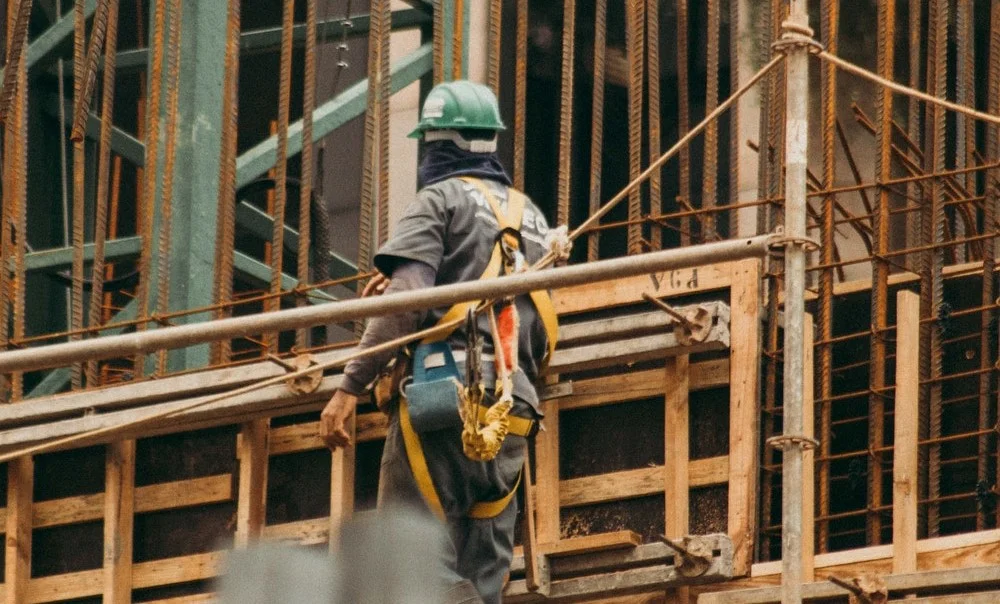Construction is hard work and those working hard for your company should be paid in full and on-time for all hours worked. Cash flow can certainly complicate things for contractors, as pay draws can be delayed for various reasons, but cheating workers out of money is not only unscrupulous, but is gaining attention from government agencies.
Massachusetts Attorney General Maura Healey issued a combined 165 civil citations across 66 different construction companies last year, totaling over $1.23 million. Restitution payment for those instances of wage theft added up to $1.47 million, as well, according to the AG’s office.
Various reasons were cited for the wage violations, including failure to pay proper wages or overtime, retaliation, and failure to furnish records for inspection. Failure to pay prevailing wage, failure to submit true and accurate certified payroll records, and failure to register and pay apprentices appropriately were additional reasons that contractors were cited on public jobs.
In the video below about the citation announcements, greater BOSTON reports that immigrants are often the targets for wage theft, especially because of the fear of retaliation.
IN a press release, AG Healy said, “Workers in the construction industry are particularly vulnerable to wage theft from dishonest contractors who cheat their workers. As Massachusetts undergoes a historic construction boom, my office will continue to fight for exploited workers and ensure they are paid the wages they earn.”
If you are a victim of wage theft, The U.S. Department of Labor has resources for you to file a complaint to get your money and be protected on their website here: https://www.dol.gov/whd/howtofilecomplaint.htm











One of the toughest things to deal with on any project can be the relationships between owner and general contractor or the general contractor and subcontractor. In the worst case scenarios, tensions between those relationships can sometimes lead to one of those parties packing up their tools and walking off the job before it’s complete. But that action may make the situation a little hairier than you might expect, if you don’t do it the right way.